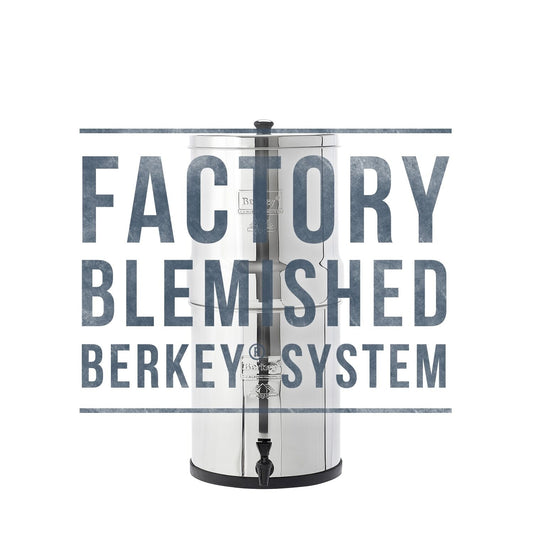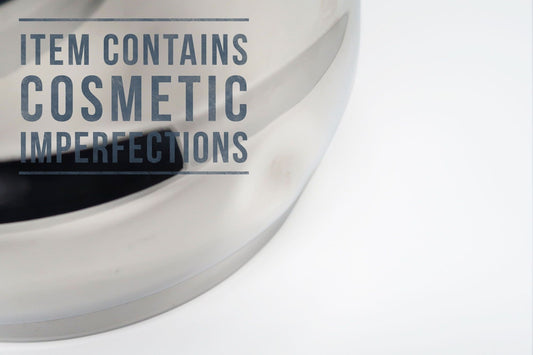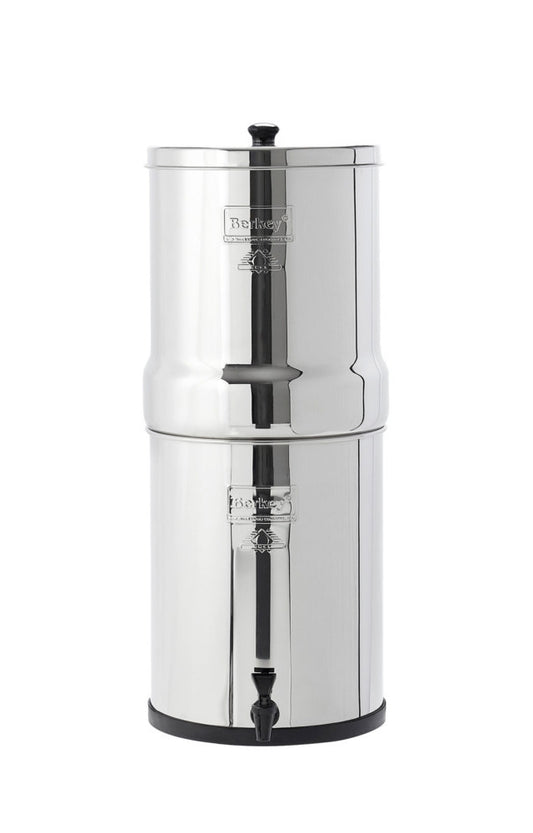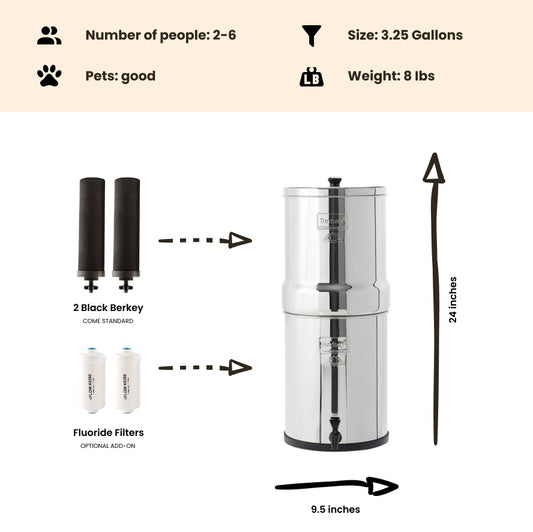Live Near a Fracking Site and Want to Know Whether Your Drinking Water is Toxic? There's an App for That
By Dan DeBaunShare
Since fracking operations pump a water containing a chemical cocktail consisting of a broad range of chemicals, local residents and scientists alike typically have no clue regarding the health implications of living in close proximity to a certain well. But researchers have now developed an interactive tool that allows the scientific and local community to assess local water quality to determine if there are any toxic substances present that may impact drinking water quality.
Research has shown that exposure to drinking water contaminated with chemical laden fracking fluids can cause a higher risk of premature births, respiratory related problems, congenital heart disease, and other health issues. However, since the chemicals used during fracking operations vary widely from site to site, it has been difficult, if not impossible, for researchers and local residents to identify the potential health risk of living close to a particular fracking site.

In areas where shale-drilling/hydraulic fracturing is heavy, a dense web of roads, pipelines and well pads turn continuous forests and grasslands into fragmented islands. Credit: http://ecoflight.org/index.php?mact=eco_gallery,cntnt01,default,0&cntnt01returnid=42&cntnt01page=3&cntnt01issue=3&cntnt01flight=12
Now, scientists from the University of Pennsylvania School of Medicine have developed an interactive tool that provides more insight into which toxic contaminants may be present in the local drinking water supply due to fracking operations. Researchers and residents can type in a ZIP code into the web-based tool or the downloadable WellExplorer app to locate nearby fracking sites, and find out which chemical substances are added to the fracking fluids employed by those sites, together with an assessment of their toxicity levels.
The research team who developed the WellExplorer tool recently conducted a scientific study which appeared in the peer reviewed scientific journal Database: The Journal of Biological Databases and Curation. The study's findings showed, for example, that fracking wells located in the state of Alabama used a much higher number of chemical compounds that target estrogen pathways in the human body, while sites in Pennsylvania, Ohio, and Illinois used a higher number of chemical compounds that target testosterone pathways. According to Dr Mary Regina Boland, an assistant professor of Informatics at the Perelman School of Medicine at the University of Pennsylvania and co-author of the study, this newly revealed information provided by the WellExplorer tool is particularly useful for residents living near fracking sites who rely on private wells for their drinking water, such as those residing in rural Pennsylvania, who may not routinely test their well water for traces of these chemical toxins.
"The chemical mixtures used in fracking are known to regulate hormonal pathways, including testosterone and estrogen, and can therefore affect human development and reproduction," Boland said. "Knowing about these chemicals is important, not only for researchers who may be studying health outcomes in a community, but also for individuals who may want to learn more about possible health implications based on their proximity to a well. They can then potentially have their water tested."
To create the tool, the researchers condensed data obtained from the less user-friendly FracFocus.org online database of US-based fracking chemical disclosures. They then compiled a more user-friendly database that is easier for the lay public to navigate, and included pertinent information regarding the biological affect of chemicals used in fracking operations, which they gleaned from the Toxin and Toxin Target Database (T3DB). Once the team had linked this information together, they incorporated a ZIP code search function into the web-based tool to allow homeowners to quickly and easily determine which chemicals they are exposed to, as well as find out what the associated health risks of exposure to these specific chemical toxins are.
While this information was previously available, it was not linked together in a format that's simple for homeowners to access, said Borland. However, Borland points out that just because certain chemical substances are used at a fracking site does not necessarily mean that those substances will show up in drinking water. There are other factors that also play a role, for example the type of soil or bedrock that is being drilled into at a fracking site, as well as the depth of the fracking well and that of the private drinking water well. Nevertheless, the WellExplorer tool provides a good starting point for people living near fracking sites who may be suffering adverse health symptoms and want to get their drinking water tested.
Besides providing important information for residents living near fracking operations, WellExplorer can also serve as a useful tool for epidemiologists, environmental scientists, and other researchers in the scientific community to connect the dots between any common adverse health effects and proximity of residents/patients to a specific fracking well.
Journal Reference"Nationally, researchers are trying to link fracking to health outcomes, and I believe that a large reason why answering that question is challenging, is because different wells are using different ingredients, and so, the side effects of exposure would be different from place to place," Boland added. "What this app gives you is some information about where to start looking for these answers."
Owen Wetherbee, Jessica R Meeker, Caroline DeVoto, Trevor M Penning, Jason H Moore, Mary Regina Boland. WellExplorer: an integrative resource linking hydraulic fracturing chemicals with hormonal pathways and geographic location. Database, 2020; 2020 DOI: 10.1093/database/baaa053
-
Regular price From $302.00 USDRegular priceUnit price / per
-
Regular price $234.00 USDRegular priceUnit price / per
-
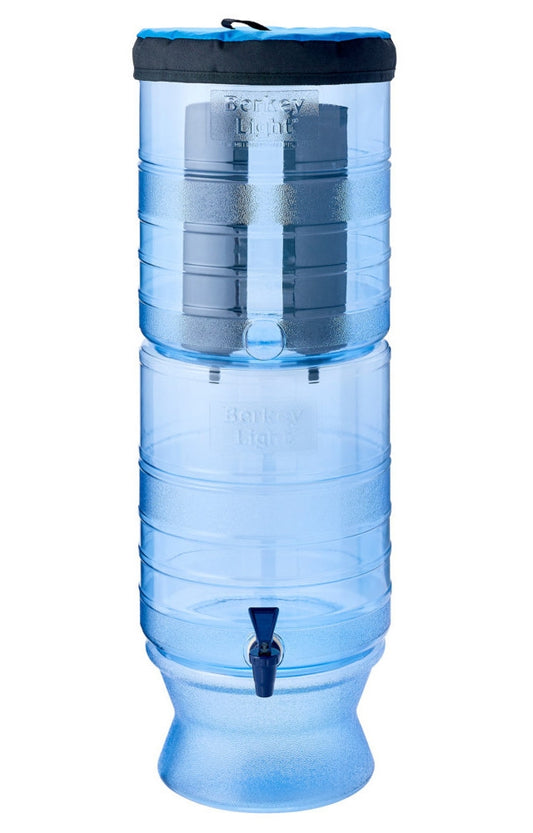
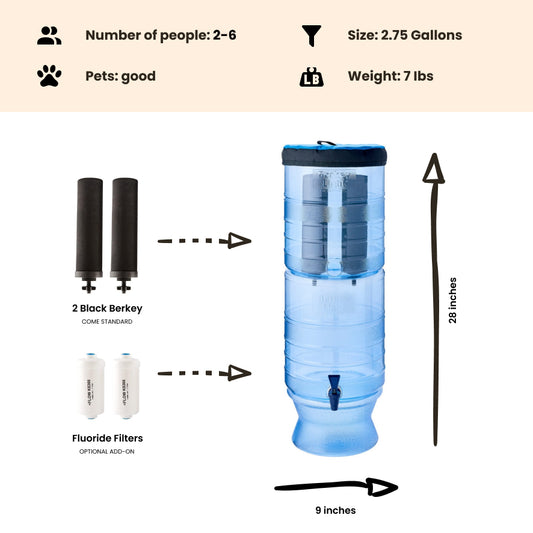 Sold outRegular price From $305.00 USDRegular priceUnit price / per
Sold outRegular price From $305.00 USDRegular priceUnit price / per -
Regular price $327.00 USDRegular priceUnit price / per
-

 Sold outRegular price From $367.00 USDRegular priceUnit price / per
Sold outRegular price From $367.00 USDRegular priceUnit price / per -
Regular price From $408.00 USDRegular priceUnit price / per
-
Regular price From $451.00 USDRegular priceUnit price / per

Dan DeBaun
Dan DeBaun is the owner and operator of Big Berkey Water Filters. Prior to Berkey, Dan was an asset manager for a major telecommunications company. He graduated from Rutgers with an undergraduate degree in industrial engineering, followed by an MBA in finance from Rutgers as well. Dan enjoys biohacking, exercising, meditation, beach life, and spending time with family and friends.
~ The Owner of Big Berkey Water Filters



